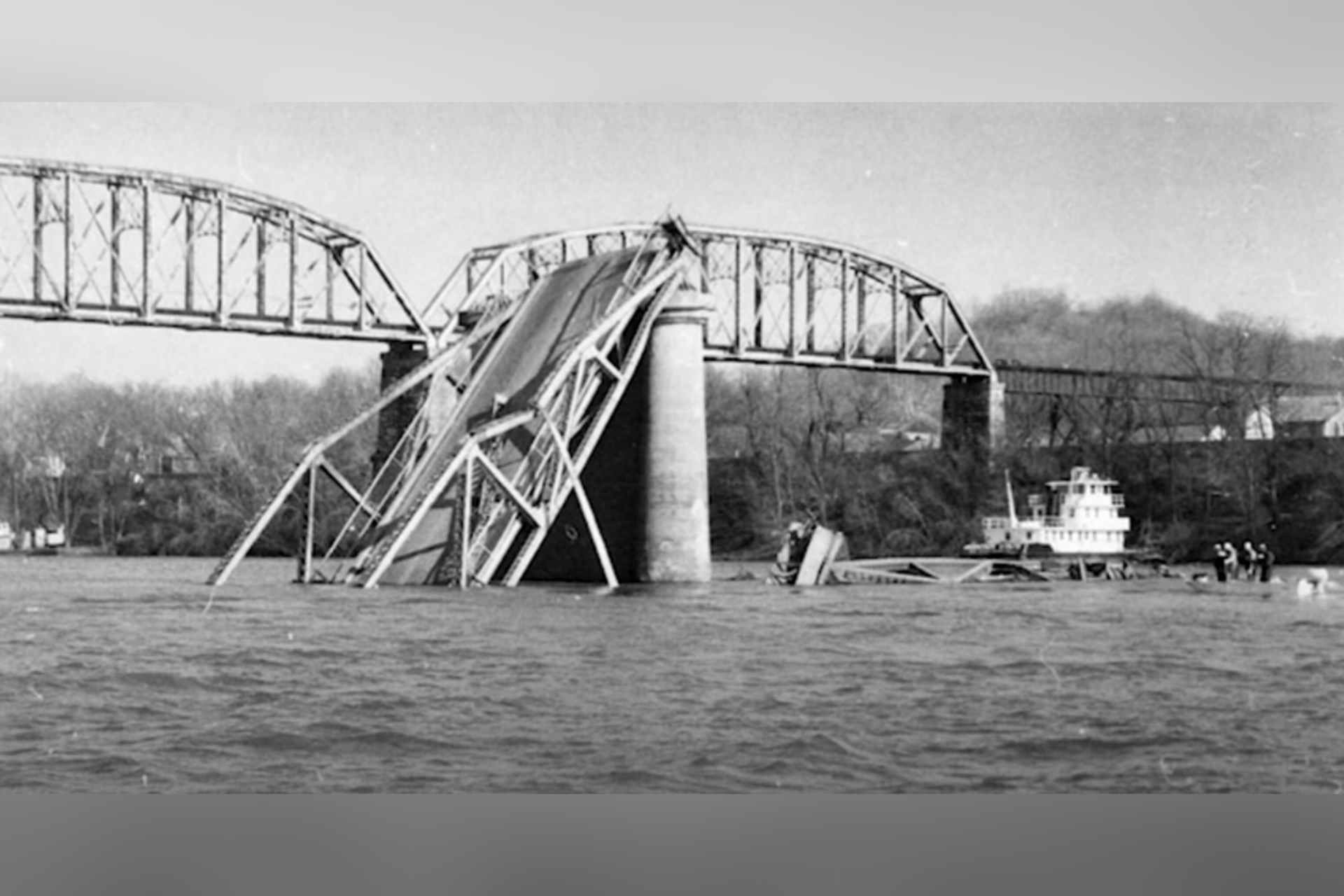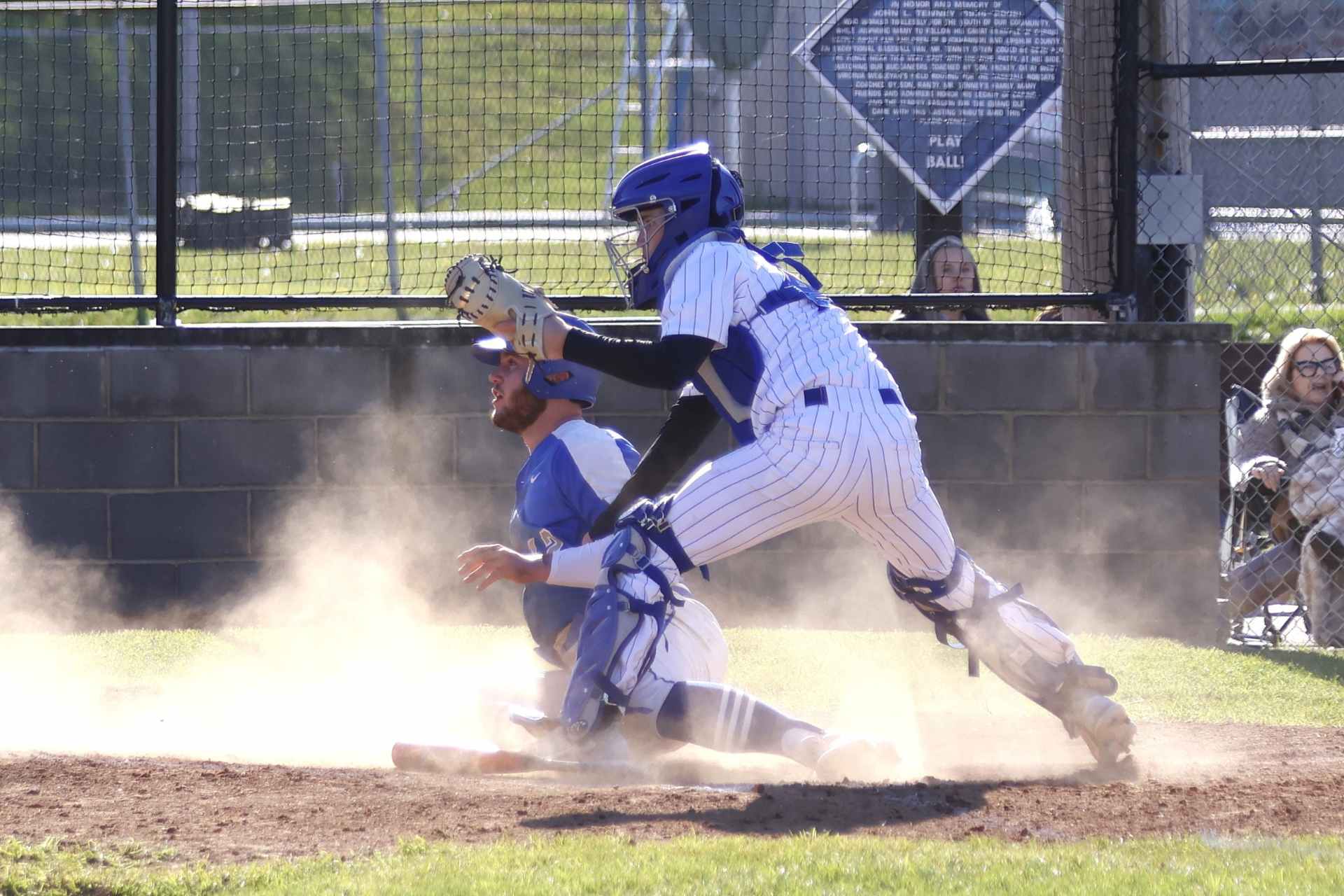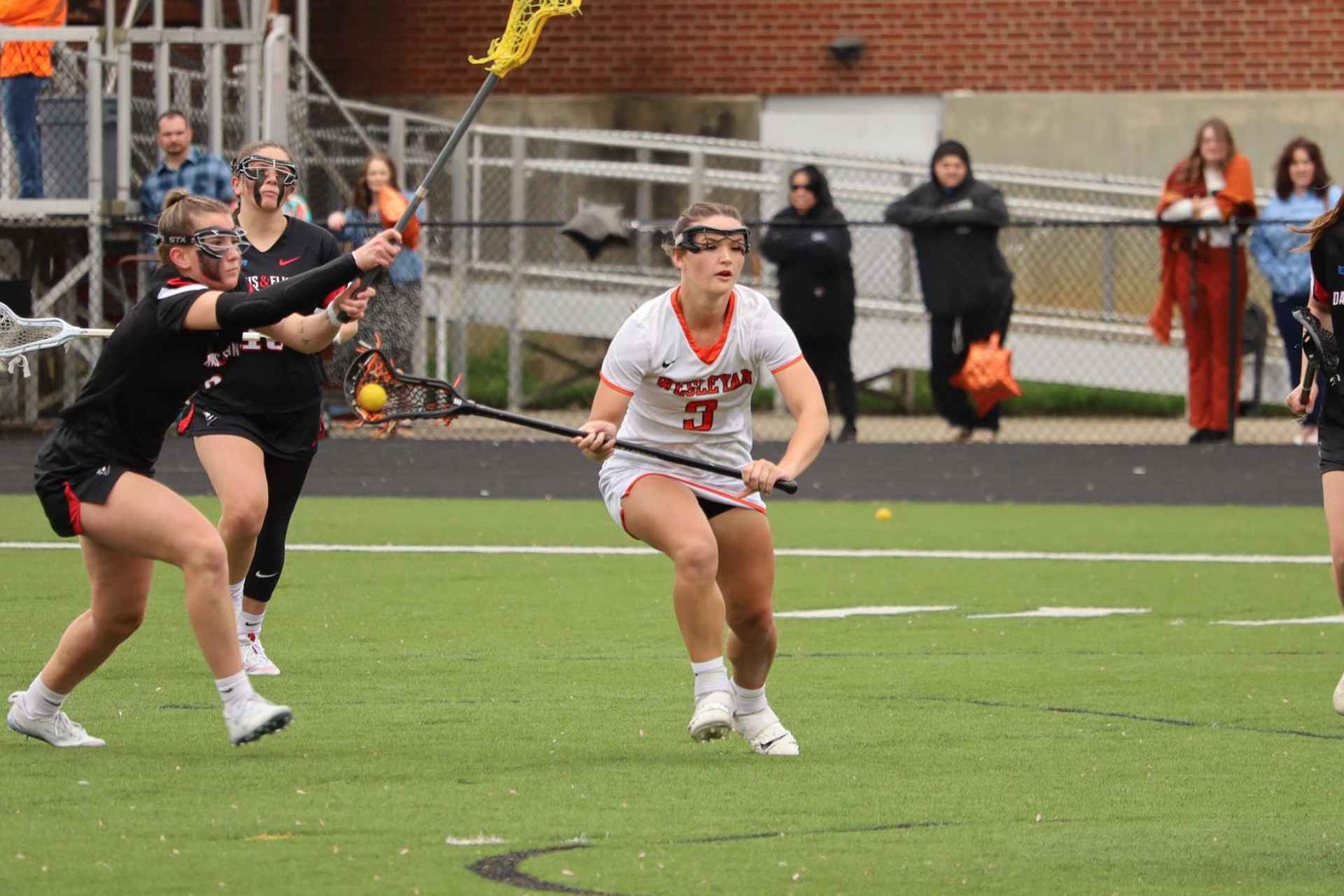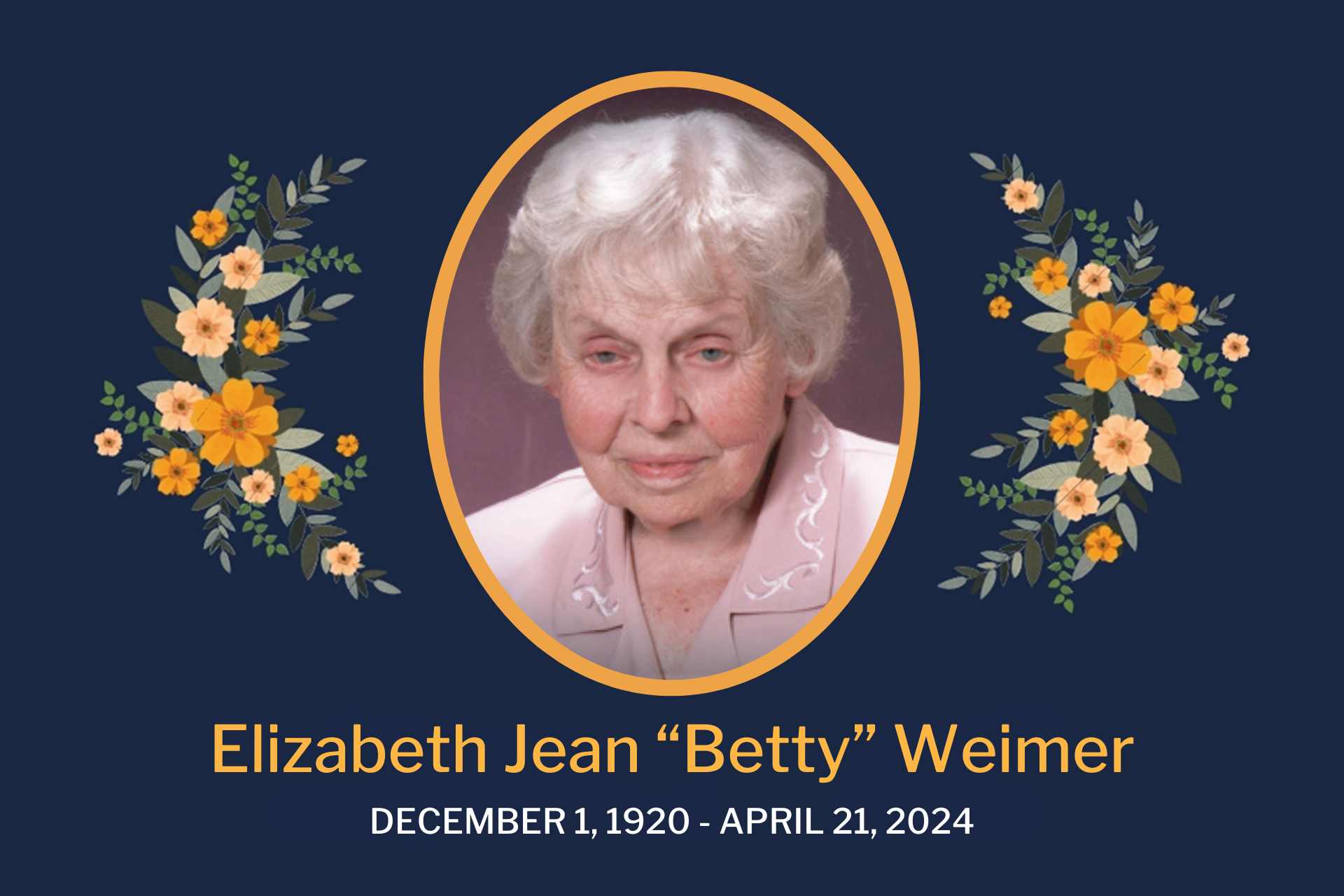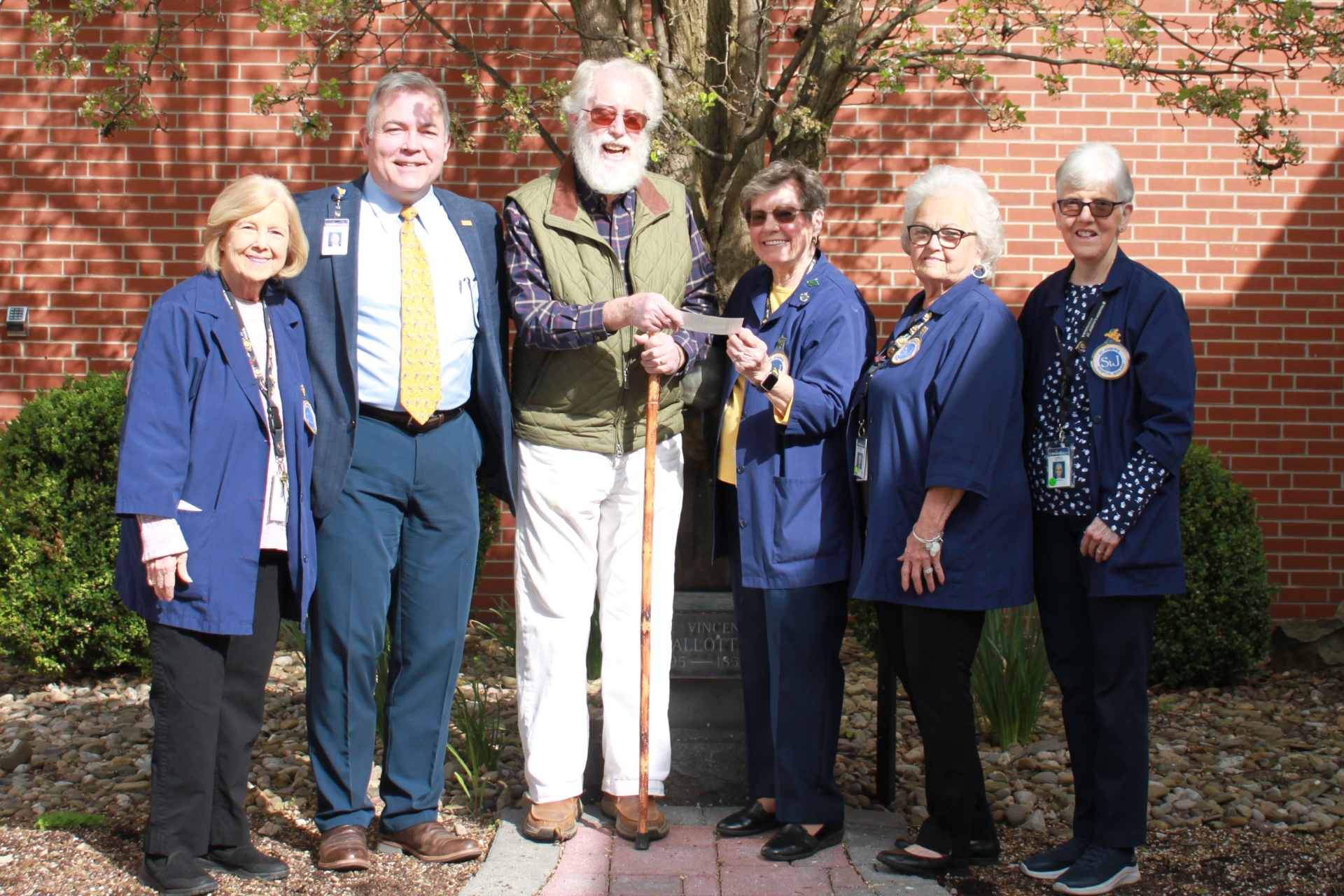CHARLESTON, WV – Fifty-five years ago Thursday, the deadliest bridge disaster in modern history occurred when the 2,200-foot Silver Bridge in Point Pleasant collapsed into the freezing waters of the Ohio River during rush hour traffic, killing 46 people. The Dec. 15, 1967, collapse of the Silver Bridge led directly to federal regulations on the inspection of bridges and an increased emphasis on bridge safety that endures to this day.
The West Virginia Department of Transportation remembered those who lost their lives on Dec. 15, 1967.
“One of the main reasons I became a bridge engineer was to make sure something like the Silver Bridge collapse never, ever happened again,” said Tracy Brown, P.E., West Virginia Division of Highways (WVDOH) State Bridge Engineer.
The bridge, which connected Point Pleasant with Gallipolis, Ohio, collapsed without warning at 4:58 p.m., as many were scrambling to complete their Christmas shopping. The tragedy led to the Federal-Aid Highway Act of 1968, which established a National Bridge Inspection Program which created bridge inspection standards still in use today.
“Over the past 50 years, that law has saved countless lives by standardizing bridge inspection processes nationwide,” said Brown.
The Silver Bridge was constructed using steel eyebars, which supported the bridge from above like a giant bicycle chain. But the bridge had a fatal flaw. While many eyebar bridges of the time had several chains on either side to provide redundancy, the Silver bridge had only one chain on each side of the span to hold up the bridge decking.
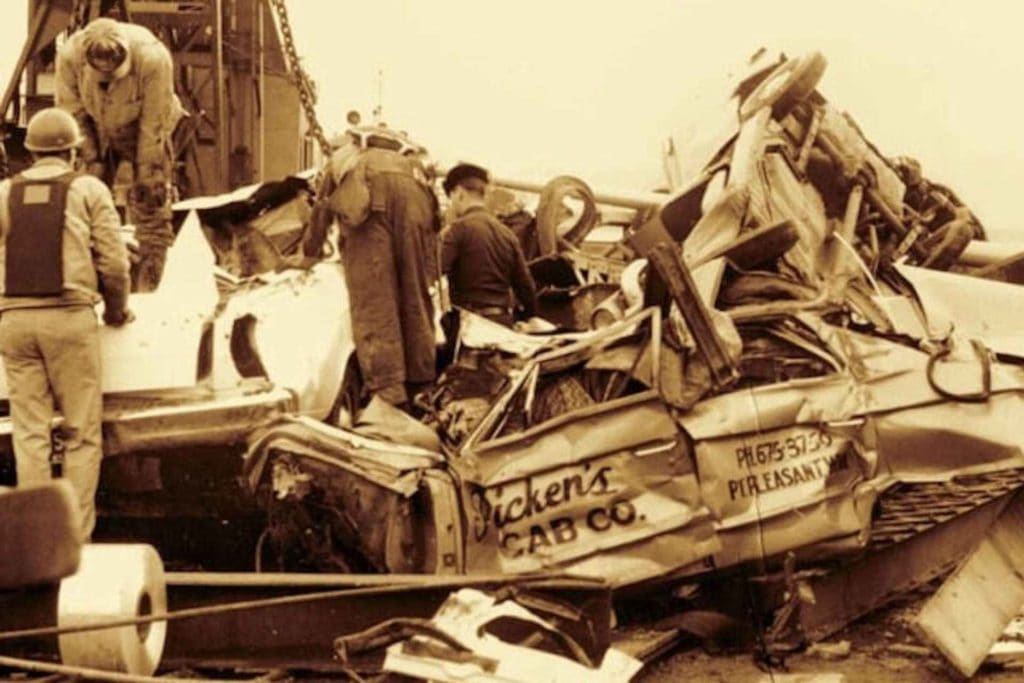
The bridge collapse was traced to the failure of a single link in the chain from a stress crack that would have been difficult for inspectors to have spotted.
“I think about the Silver Bridge every day, even now,” Brown said. “At the West Virginia Division of Highways, every time we train new bridge inspectors, we talk about the Silver Bridge. It is the reason we do what we do. If you’re related to the bridge industry in some way in your career, it’s not just a career or a job. It’s a mission you’re on to keep this from ever happening again.”
Throughout the year, in every type of weather and condition, West Virginia Division of Highways bridge inspectors are at work on 6,958 bridges across the state. Every bridge, from the smallest bridge crossing a creek to landmark structures such as the New River Gorge Bridge, is inspected on a schedule, and bridge safety inspectors evaluate each member to ensure the bridges continue to be able to carry their design loads.
“Our bridges are safe,” said Brown. “When we have to post a load rating on a bridge or close a bridge to traffic, we hate it as much as the public does, but we know that the heart of what we do is to keep people safe every time they cross one of our bridges. Our families cross these bridges too, and we know that even when it’s not our family, it’s someone’s family. We won’t let anyone’s family cross a bridge that we wouldn’t let our family cross.”
On December 15, 2019, a National Historic Civil Engineering Landmark plaque was dedicated at the site where the Silver Bridge once stood, in sight of a remembrance mural by artist Jesse Corlis that depicts the bridge. West Virginia Division of Highways crews placed a portion of the original bridge deck beneath the plaque.
“The Silver Bridge is always in the forefront of our minds and it’s our job to make sure no one ever has to go through what those families went through,” said Brown.
